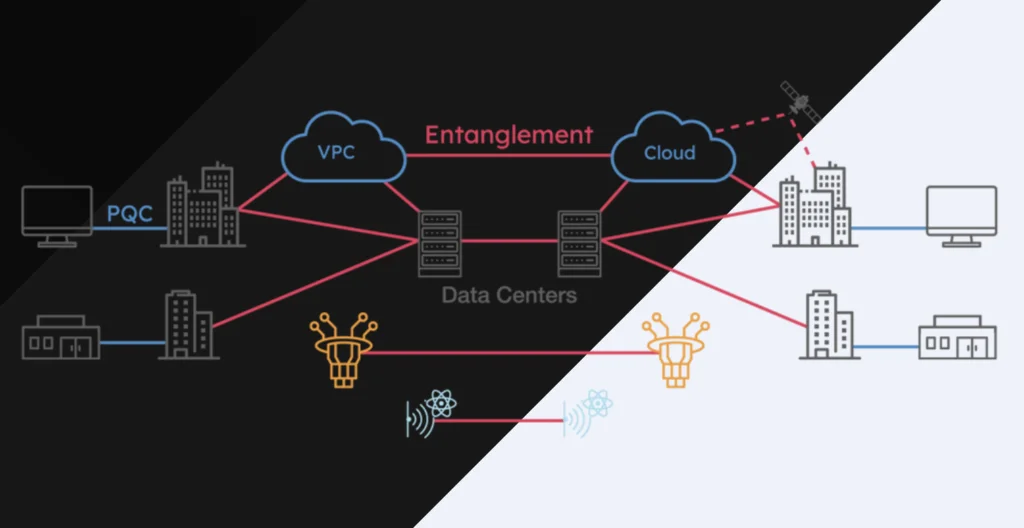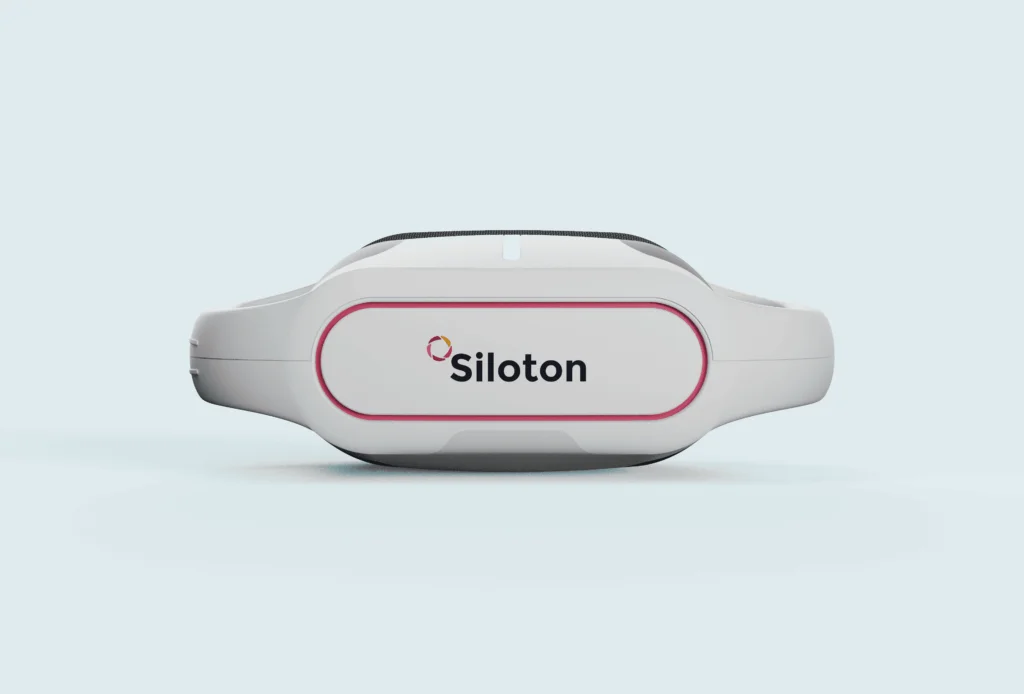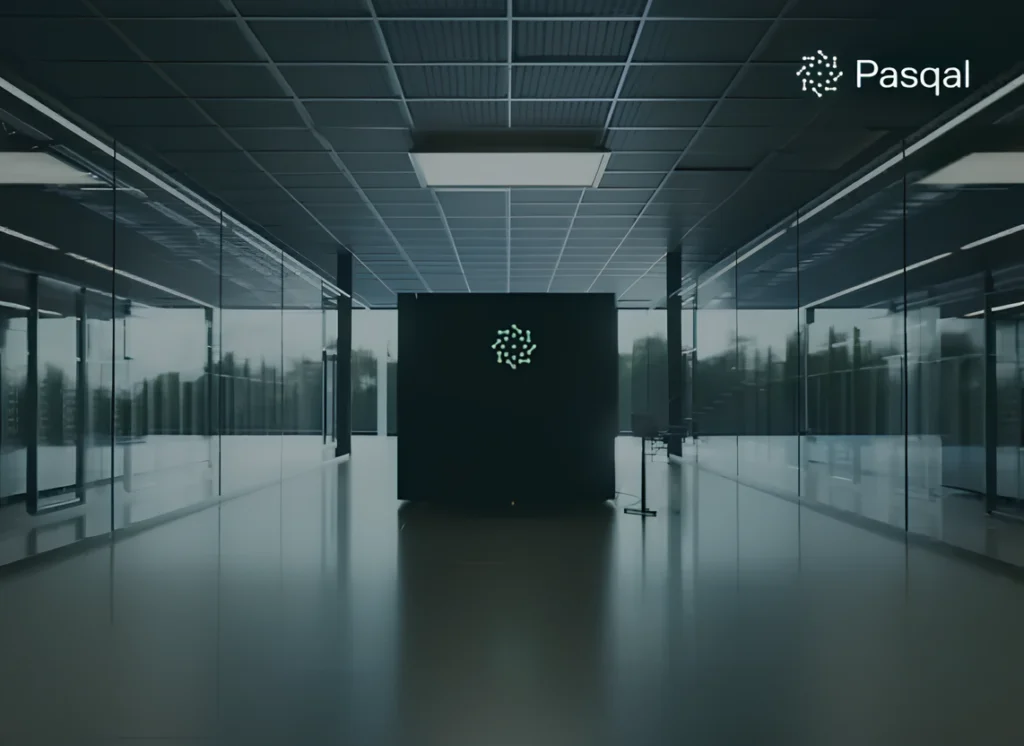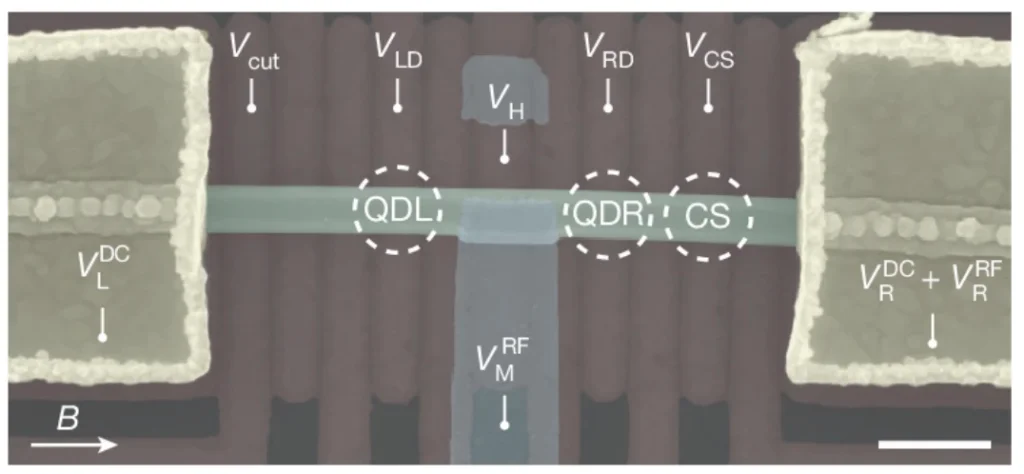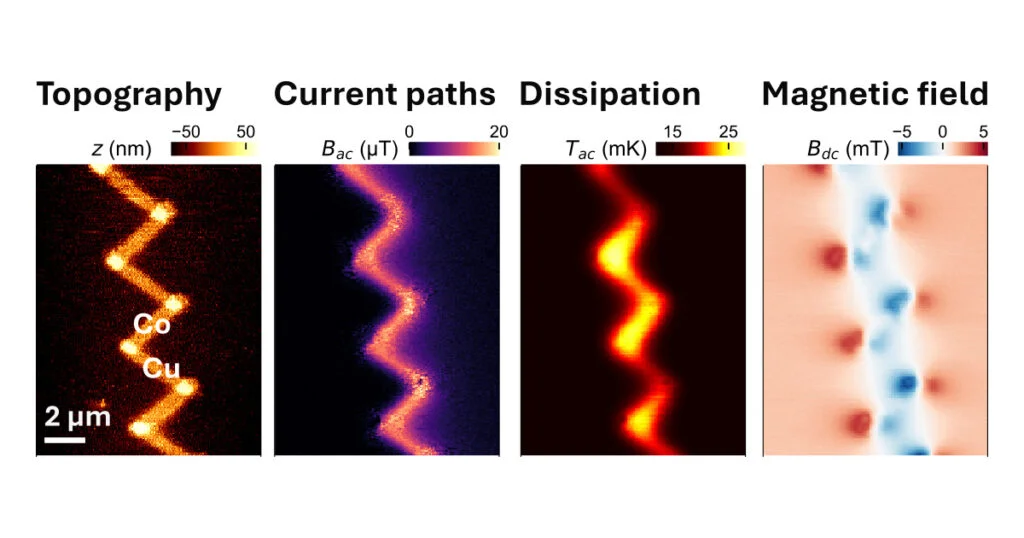Insider Brief
- Wellcome Leap’s Quantum for Bio program advances teams to further develop quantum solutions for healthcare, according to a blog post.
- In this phase, participants could receive up to $750,000 to run large-scale classical simulations of quantum algorithms related to human health applications.
- Teams progressing to Phase 3 will have the opportunity to win up to $5 million for demonstrating significant quantum advancements in healthcare.
The Wellcome Leap Quantum for Bio program recently announced the finalists advancing to Phase 2 of its challenge, aimed at accelerating quantum computing applications in healthcare. The selected participants include researchers and companies making strides in quantum computing and its potential impact on human health.
According to a blog post, the finalists are drawn from a mix of academic institutions and private companies, underscoring the broad interest in leveraging quantum technologies to address health-related challenges.
Among the finalists moving forward are Infleqtion, the University of Nottingham, qBraid Co., the University of Copenhagen, Harvard University, Stanford University, Algorithmiq Inc., and the University of Cambridge. These organizations were chosen based on their success in Phase 1, which focused on developing quantum algorithms that could potentially demonstrate practical advantages in healthcare applications, according to a blog post. The next phase will involve large-scale simulations using classical high-performance computing (HPC) resources.

Quantum computing’s promise lies in its unique properties such as superposition, interference and quantum correlations, which enable it to tackle problems that are not feasible with classical computers. While the technology is still in its early stages, it has already shown potential for solving complex problems in drug discovery, genomics and other areas related to human health. The Wellcome Leap program aims to harness these capabilities to address some of the most pressing healthcare challenges, according to the blog post.
In Phase 2, the selected teams will be provided with up to $500,000 for HPC expenses and an additional $250,000 for technical and programmatic execution costs. This phase will last six months and will focus on simulating the quantum algorithms developed in Phase 1 using classical computers. According to a blog post, the goal is to simulate quantum algorithms for 30 to 40 qubits and compare these results with classical methods to demonstrate the potential advantage of quantum computing.
The teams will be evaluated based on their ability to conduct these simulations and their progress in identifying quantum hardware expertise for Phase 3. While Phase 1 did not require teams to have quantum hardware experts, moving into Phase 3 will necessitate the inclusion of such expertise, according to the blog post.
The finalists represent a cross-disciplinary approach, which is critical for tackling the complex problems posed by healthcare and biology. By integrating expertise from quantum computing, biology, and healthcare, the Wellcome Leap Quantum for Bio program seeks to ensure that quantum computing’s potential is realized in practical applications. According to a blog post, this approach will allow for the co-development of hardware, software, and applications—something that history has shown to be crucial in the early stages of any new computational technology.
Phase 3, the final stage of the program, will focus on implementing the quantum algorithms developed in the earlier phases on quantum computing hardware. Teams that make it to this stage will be awarded up to $2 million in funding, with a focus on demonstrating the practical application of their algorithms on quantum devices with more than 50 qubits. The final goal is to showcase the feasibility of using quantum computers to solve real-world healthcare problems, according to a blog post.
At the end of Phase 3, teams will compete for a $2 million prize, which will be awarded to any team that successfully demonstrates an application on a quantum computer with a clear path to scaling. In addition, a grand prize of $5 million will be awarded to the team that demonstrates the most significant advancement for human health. According to a blog post, this grand prize will be awarded to the team whose work shows the greatest potential for near-term practical impact.
The Wellcome Leap Quantum for Bio program is not only focused on advancing quantum computing technology but also on applying it to real-world healthcare challenges. The program’s phased approach allows for the careful development and scaling of quantum solutions, ensuring that the technology can be effectively applied in areas such as drug discovery, genomics, and medical imaging.
As quantum computing continues to develop, its potential impact on healthcare is becoming increasingly clear. According to a blog post, the ability of quantum computers to process large, complex datasets more efficiently than classical computers could revolutionize the way healthcare data is analyzed and utilized. However, significant challenges remain, including the need to scale quantum hardware and develop more efficient algorithms.
By bringing together experts from diverse fields and providing substantial funding and resources, the program aims to accelerate the development of quantum computing applications in healthcare. As the finalists move into Phase 2, they will continue to refine their algorithms and explore the potential of quantum computing to transform healthcare, according to a blog post.








